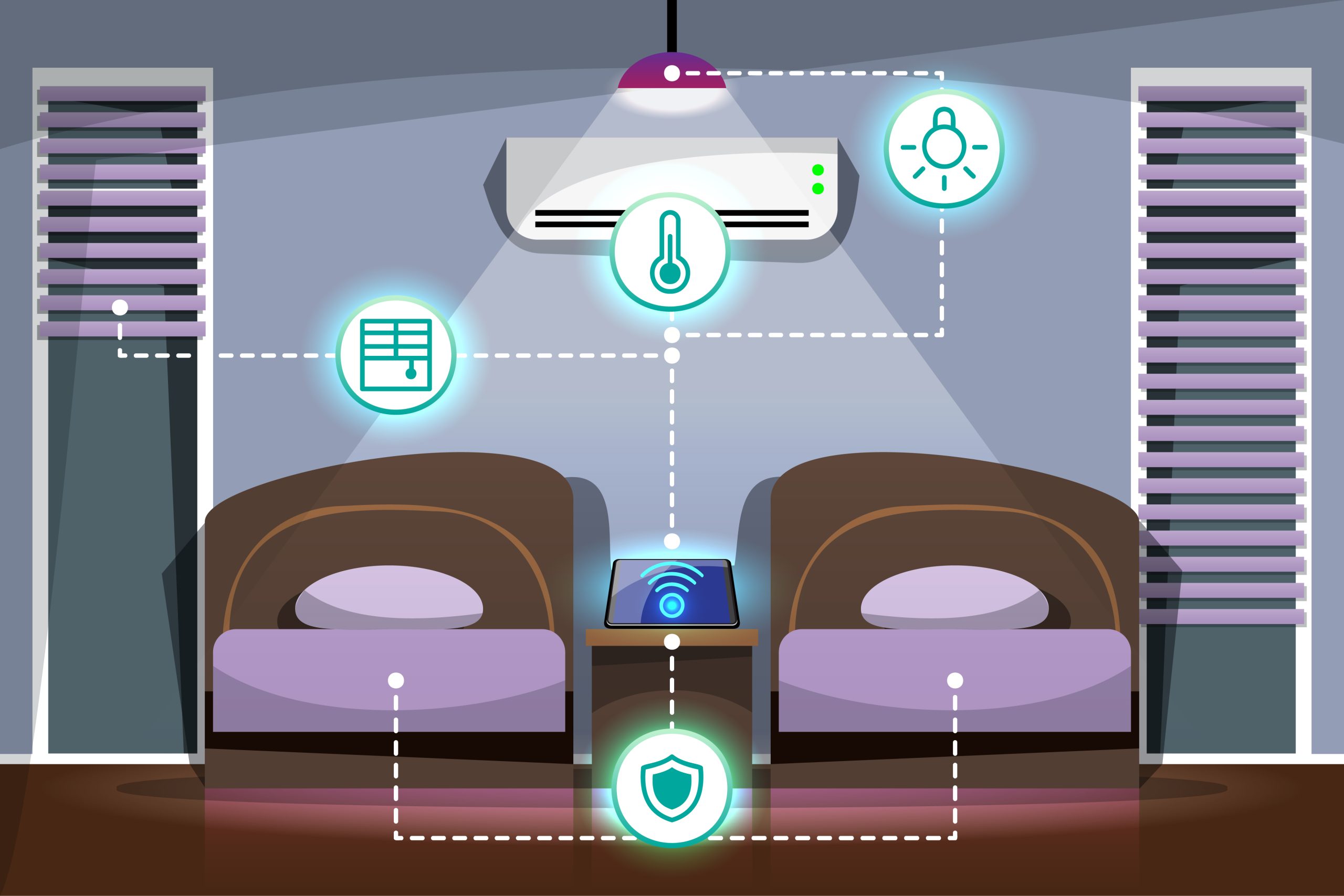
Factors to Consider for Reducing Costs with High Efficiency in HVAC
Reducing operational costs while maintaining high efficiency is a primary goal for any HVAC system. Implementing energy-efficient practices can significantly impact your bottom line while also contributing to a more sustainable and environmentally friendly operation. Here are the key factors to consider for achieving cost reduction with high efficiency in HVAC:
Energy-Efficient Equipment Selection:
Choose HVAC equipment with high energy efficiency ratings, such as Energy Star-certified units. Select systems that match the specific cooling and heating needs of your facility to avoid unnecessary energy consumption.
Proper System Sizing:
Ensure accurate sizing of HVAC equipment based on the cooling and heating load calculations to prevent oversized or undersized systems, which can lead to energy wastage and reduced efficiency.
Regular Maintenance:
Implement a proactive maintenance program to keep the HVAC system in peak condition. Regularly clean and replace filters, check refrigerant levels, and inspect all components to ensure optimal performance.
Optimal HVAC Settings:
Set appropriate temperature and humidity levels that prioritize occupant comfort while minimizing unnecessary energy usage. Use programmable thermostats to adjust settings based on occupancy schedules.
Zoning and Occupancy Sensors:
Implement zoning systems and occupancy sensors to regulate HVAC operation based on occupancy patterns. This ensures that unused areas are not unnecessarily cooled or heated, leading to energy savings.
Ductwork Insulation and Sealing:
Insulate and seal ductwork properly to prevent heat loss or gain during air distribution, reducing energy loss and improving overall system efficiency.
Cool Roofing and Insulation:
Opt for cool roofing materials and improve insulation to reduce heat gain from the roof, resulting in lower cooling demands and energy consumption.
Renewable Energy Integration:
Consider integrating renewable energy sources, such as solar panels or geothermal systems, to offset HVAC energy consumption and reduce costs in the long run.
Demand Response Strategies:
Participate in demand response programs offered by utility providers. These programs allow you to reduce energy usage during peak periods and earn incentives or lower electricity rates.
Energy Monitoring and Management Systems:
Install energy monitoring and management systems to track HVAC performance, identify inefficiencies, and make data-driven decisions for energy optimization.
Employee Training:
Train building occupants and staff on energy-saving practices and encourage them to be mindful of energy usage, such as closing doors and windows when the HVAC system is running.
Seasonal Maintenance and Checks:
Conduct regular seasonal maintenance to prepare the HVAC system for peak cooling and heating seasons, ensuring it operates efficiently during periods of higher demand.
Life Cycle Cost Analysis:
Consider life cycle cost analysis when making equipment and system decisions. It helps evaluate the total cost of ownership, including installation, operation, and maintenance expenses, to make informed choices.
Utility Rebates and Incentives:
Check for available utility rebates and incentives for energy-efficient HVAC upgrades, which can offset initial costs and improve return on investment.
Continuous Improvement:
Continuously evaluate the HVAC system’s performance and seek opportunities for improvement to achieve long-term cost savings and maximize energy efficiency.
By addressing these factors and focusing on high-efficiency practices, you can significantly reduce operational costs associated with your HVAC system while creating a comfortable and sustainable indoor environment. Working with HVAC professionals and energy experts can further optimize cost-saving strategies tailored to your specific facility and needs. Among HVAC contracting companies in Dubai, Galaxy Technical Services is well-known for handling all types of HVAC services, including the annual maintenance contract for residential homes, commercial buildings, factories, hospitals, and villas.

